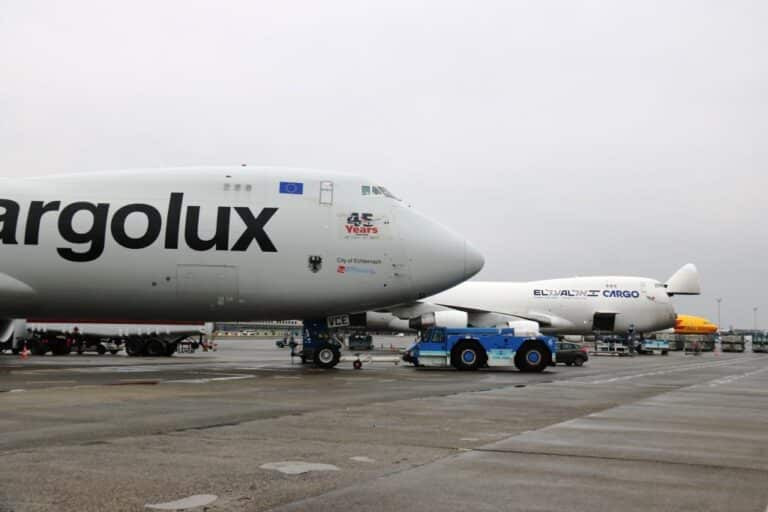Budapest Airport has handled record cargo volumes and is preparing for further growth helped by new flights to the USA.
The Hungarian hub handled 127,145 tonnes of cargo in 2017, up 13.4 per cent on the previous year and 39.1 per cent on 2015, with imports making up 47.8 per cent of volumes and exports the other 52.2 per cent.
E-commerce has been booming, with Budapest Airport director business unit property and cargo, Rene Droese saying: “Our cooperation agreement with STO Express and EKOL last year is testament to our continuous commitment to strengthening links between China and the European Union. As a result of being designated the preferred hub for air cargo by STO Express, e-commerce is set to experience a notable upswing at Budapest.”
He also says: “Thanks to our development programme, we will be able to cover the entire cargo catchment zone, from Ukraine to the Czech Republic, and from Poland to Bulgaria, where the relevant air cargo industrial production is booming.”
Budapest’s belly cargo network is scheduled to growth with LOT Polish Airlines launching two flights per week to Chicago and four a week to New York, while American Airlines is set to start a daily service to Philadelphia.
Droese says: “We expect further growth of 20,000 tonnes belly cargo capacity annually thanks to the belly capacity on flights from Qatar Airways, LOT Polish Airlines, and American Airlines.”
Budapest opened two new express facilities covering 16,000m2 in the summer of 2017 as part of its BUD:2020 Development Programme, and a 20,000m2 freight centre called Cargo City will be handed over in the second quarter of 2019, expanding the hub’s cargo handling capacity to 250,000 tonnes per year.




